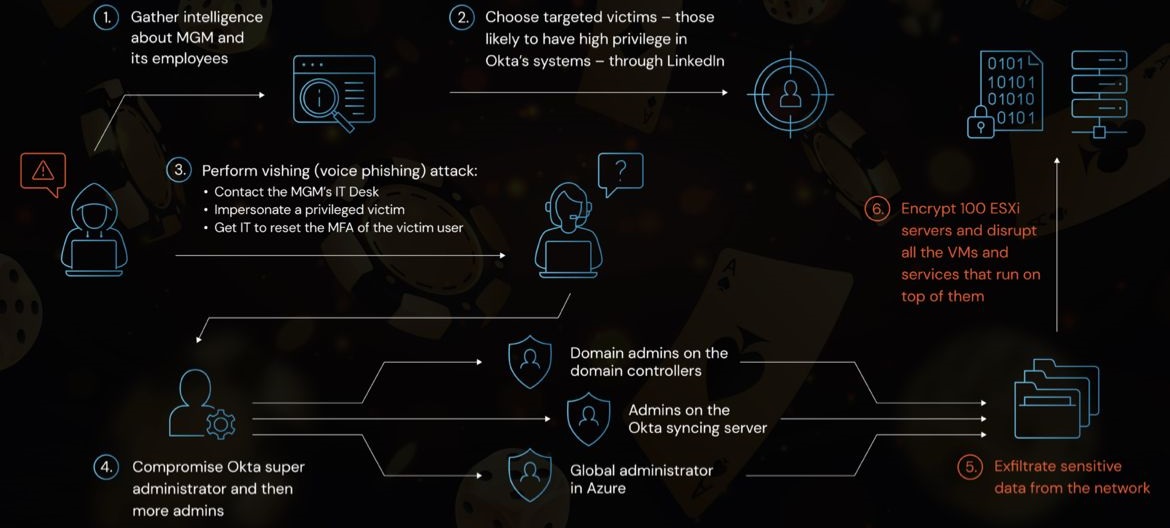
Introduction:
On June 12, 2023, Ofcom, the UK communications regulator, confirmed that it had been the victim of a cyber attack. The attack involved the theft of personal data from 412 Ofcom employees, as well as some confidential information about companies regulated by Ofcom.
What Happened?
The attack was carried out by a Russian cybercriminal group known as Clop. Clop is a well-known ransomware group that has targeted a wide range of organizations in recent years. In this attack, Clop exploited a vulnerability in the MOVEit Transfer software, which is used by Ofcom to transfer sensitive files.
The stolen data includes the names, addresses, and dates of birth of 412 Ofcom employees. It also includes some confidential information about companies regulated by Ofcom, such as their contact details and financial information.
Clop has threatened to publish the stolen data if Ofcom does not pay a ransom. However, Ofcom has said that it will not pay the ransom. The ICO, the UK data protection watchdog, has also said that it will not support Ofcom paying the ransom.
Impact of the Breach
The impact of the Ofcom data breach is still being assessed. However, it is likely that the breach will have a significant impact on the affected individuals and organizations.
For the affected individuals, the breach could lead to identity theft, financial fraud, and other problems. The stolen data could also be used to harass or intimidate the affected individuals.
For the affected organizations, the breach could damage their reputation and lead to financial losses. The organizations may also have to spend time and money to investigate the breach and to notify the affected individuals.
What You Can Do to Protect Yourself
If you are affected by the Ofcom data breach, there are a few things you can do to protect yourself. These include:
Check your credit report. The stolen data could be used to open new accounts in your name, so it is important to check your credit report for any unauthorized activity. You can get a free copy of your credit report from each of the three major credit bureaus once a year at annualcreditreport.com.
Place a fraud alert on your credit report. A fraud alert will tell creditors to take extra steps to verify your identity before opening a new account in your name. You can place a fraud alert by contacting each of the three major credit bureaus.
Monitor your bank accounts and credit card statements. Be on the lookout for any unauthorized charges. If you see any suspicious activity, report it to your bank or credit card company immediately.
Change your passwords. Change your passwords for any online accounts that were compromised in the breach. This includes your email, bank accounts, social media accounts, and any other accounts that contain sensitive information.
Be vigilant. Be aware of the signs of identity theft, such as unfamiliar charges on your credit card statement or letters from creditors that you did not expect. If you think you may have been a victim of identity theft, contact the police and the Federal Trade Commission (FTC).
Conclusion
The Ofcom data breach is a serious incident, but there are steps you can take to protect yourself. By following the tips above, you can help to minimize the impact of the breach on your finances and your identity.

